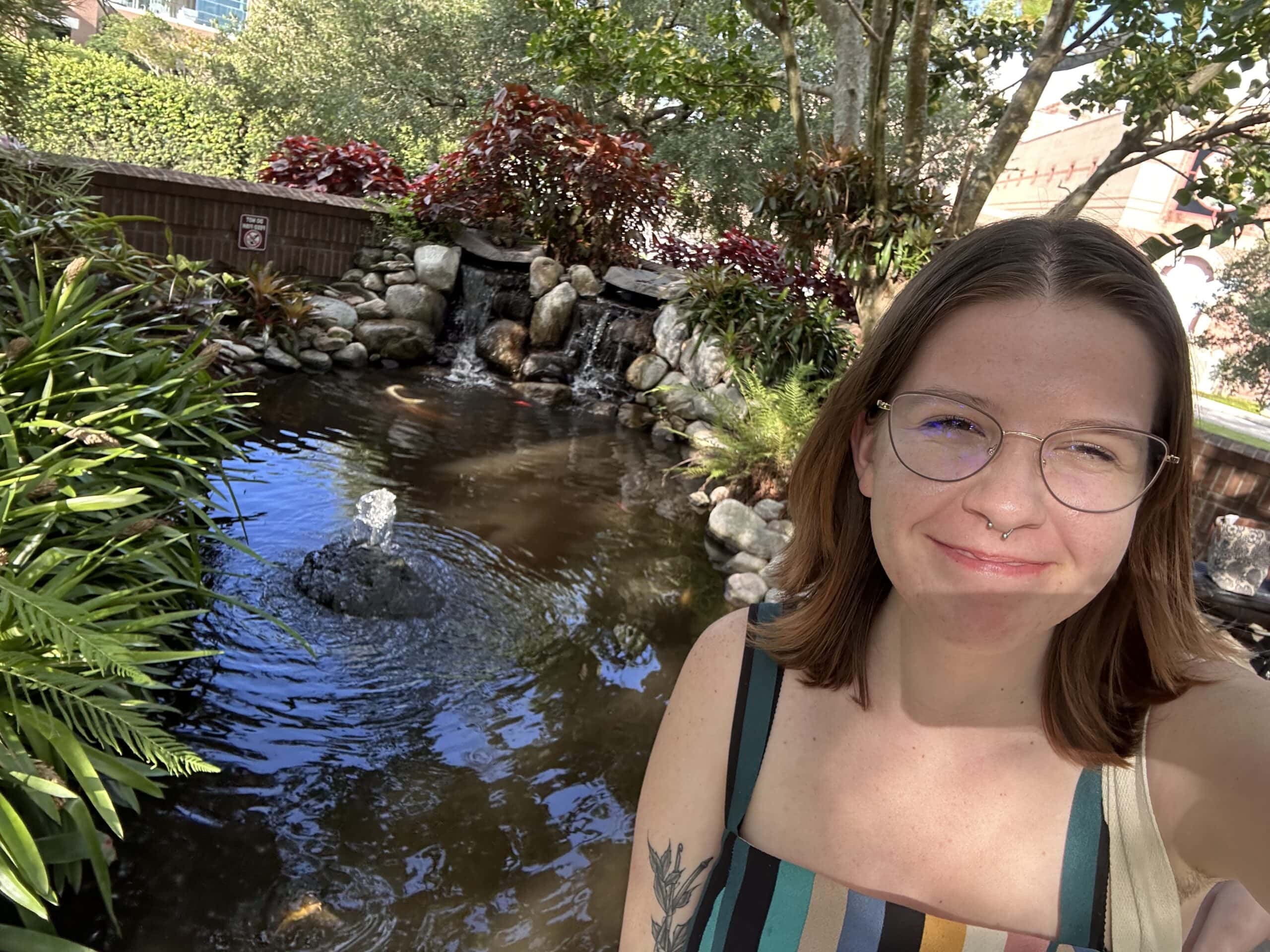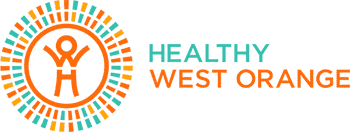Getting Comfortable With Boredom
Getting Comfortable With Boredom:
I spend an embarrassing amount of time on my phone every day. I use basically every form of social media, scroll mindlessly, and always have background music playing in my headphones. In short, I’m addicted to my phone.
Recently, I started meditating (a habit I have tried no less than five times), and I found myself unable to sit still. I couldn’t clear my mind, or sit still, for five minutes. I found I was completely incapable of sitting with my own thoughts for long enough to meditate.
Instead of giving up, I started reading about other people who had similar stories to mine – and I came across the words Dopamine Detox. A dopamine detox, or dopamine fast, is a practice where people temporarily reduce activities that provide instant gratification and stimulation in order to reset their brain’s reward system. The idea is to minimize overstimulation from sources like phone overuse, video games, junk food, and other addictive behaviors. By doing so, it’s believed that people can regain control over their attention, increase their focus, and reduce brain fog.
Here are the steps I went through during my dopamine detox:
Restriction of Stimuli:
- Avoiding activities that provide instant satisfaction.
- For me, this meant avoiding activities like checking my phone or watching TV. It also meant no eating out, and refraining from my typical nightly sweet treat.
Focus on Low-Stimulation Activities:
- Instead, engage in activities that are less stimulating, such as reading, journaling, meditating, or spending time in nature.
- I spent my time seeing friends, reading books, going for walks, practicing meditation, and journaling.
Duration:
- The detox can vary in length, from a few hours to several days or even longer, depending on personal goals and the extent of the detox.
- I still allowed myself reduced phone usage, so my dopamine fast lasted five days.
- Don’t overdo it! Extended periods of restriction from hobbies or simple activities can, over time, cause the opposite intended effect. Be sure to listen to your body and mind!

For the first two days, I was completely miserable. I was bored out of my mind, tired, feeling disengaged and struggling to read or write much of anything. I meditated less than I had when I allowed myself unrestricted phone use. I considered quitting.
Then, day three started, and I woke up with the sunrise. That was new! I found myself able to read for an hour at a time uninterrupted. I meditated for five minutes with semi-success. I was getting into the groove.
By the end of the week, I felt like a different person – I was writing more than I ever have, and I successfully meditated for 10 minutes at the end of my week. My brain fog was lighter, my focus improved. I felt I had control over my relationship with my phone for the first time in years. After taking some times to reflect on the differences I noticed, here’s what I found:
- Improved Focus and Productivity: Reducing distractions and overstimulation helped me regain my ability to concentrate and be more productive in tasks that require sustained attention.
- Enhanced Self-Control: By practicing restraint and avoiding instant gratification, I can strengthen my willpower and develop better habits.
- Increased Appreciation: Taking a break from high-stimulation activities helped me be more present with my friends and family. I started to develop a greater appreciation for simpler, more meaningful experiences.
- Better Mental Clarity: I cleared some mental clutter and reduced feelings of anxiety and overwhelm. I felt noticeably less brain fog, particularly in the morning and afternoon.
Of course, meditation and dopamine fasts are not a cure-all for attention issues or overstimulation. In fact, the name is somewhat of a misnomer – you cannot truly detox or fast from dopamine, which is a naturally occurring chemical in the brain. However, these practices may help bring attention to where you focus your attention and energy, like it did for me.
This wellness tool served as a reset for my brain after months of phone overuse, but it should be used along with other tools like healthy sleep, diet, and exercise. Keeping the brain healthy helps keep the body healthy!

About the Author
McKenna is a Senior at UCF studying Writing and Rhetoric with a certificate in Editing and Publishing. She is passionate about healthcare communication and making health and wellness information accessible. She loves to play guitar, go on hikes, and read.
Share this Post
Never Miss an Update
you might also like
There is nothing worse than a toothache, am I right?? Oral health is very important for overall health and wellbeing, at every age!













